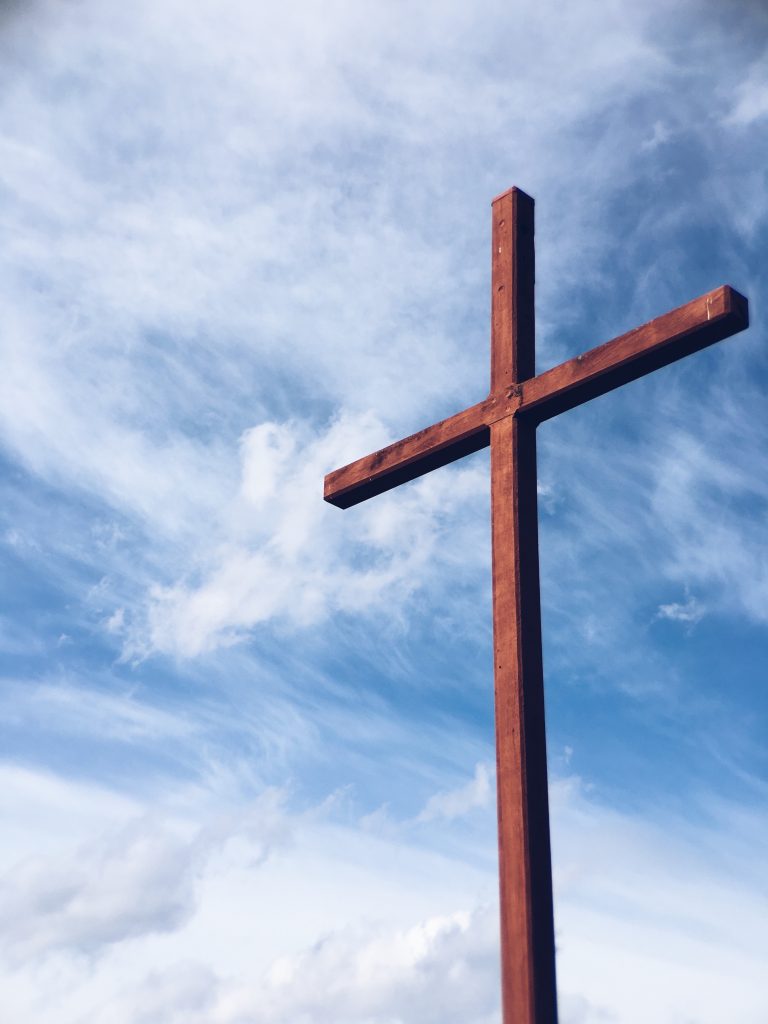Advent: Beginning December
Leannahollis.com is a participant in the Amazon Services LLC Associates Program, an affiliate advertising program designed to provide a means for sites to earn advertising fees by advertising and linking to amazon.com. This blog post contains affiliate links, which means if you click on the link to make a purchase, I may make a small amount of money (usually a few cents) from your purchase. It will not increase the price you pay in any way. I’ve read the book of Isaiah every December for more than two decades. Despite my familiarity with the text, I’m still surprised by the power and the sharp-as-a-knife cut of the words. In the opening pages of his book of prophecy, Isaiah related a divine vision in agonizing detail. The scenes he saw were deep, true and painful. He couldn’t hold back. He was compelled to tell everyone the future God showed him. We’re breaking God’s heart… (The Leanna paraphrase from Isaiah 1 is coming up, but you’ll want to read these verses for yourselves.) “Listen up, world,” Isaiah said. “We’re breaking God’s heart. He’s cared for us like sons and we don’t even know Him. We don’t get Him at all, so we’ve done exactly what He told us not to do, and it’s killing us. Yeah. Literally making us sick, just like He said it would. “Look what a mess we’ve made of our lives. Can’t you see what devastation we’ve caused in our world? Our land? We didn’t think we needed God, so we’ve thrown off His tender watch-care. We’re devastated without Him. If He hadn’t continued to give us the protection we didn’t want, we’d already be gone. “Sure. We’re still rich. We’re still giving big offerings, and we’re still going to church like we always did. Our heart’s not in it, though, and we know it, but we won’t admit it. We’re just doing religion because it’s what we’ve always done on the Sabbath. This is not what God wants from us. He wants our hearts to change. Why not do what He says? Let’s wash our hands and our hearts and turn back to Him now.” Advent – A time to wait and prepare There’s a lot more, of course, but these words set the theme for Isaiah and the theme of the Advent season. It’s not merely a time of waiting. It’s a time of preparation. More than six hundred years before Jesus’ birth, Isaiah called people to return to God and to prepare their hearts for the One to come. They needed time to get ready for Jesus, and we do, too. As we begin our progress toward Christmas and our celebration of the birth of our Savior, we have time to get ready. Let’s use the coming days to examine our hearts and prepare them for our Savior. Do we view God as a demanding tyrant or a loving Father? Are our acts of worship merely rote habit or the overflow of a grateful heart? Do we hide a heart full of sin behind the facade of religion or have we allowed God to strip away all the fake until only real faith and love remain? Is our heart ready for Jesus? Is our heart ready for Jesus? If not, we have time. Over the next few weeks, we’ll prepare together. Today, let’s ask God to help us see our hearts the way He sees them and understand Him the way He most desires. “Come now, and let us reason together,” says the Lord, “Though your sins are as scarlet, they will be a white as snow, though they are red like crimson, they will be like wool.” Isaiah 1:18 nasb Thanks for sharing your time with me today! I’ve glad you stopped by. If you enjoyed this content, follow me on Facebook, Twitter or Pinterest or sign up for the twice-monthly mailing list (below) to be notified about my future blog posts. Before you leave, would you mind taking a moment to pin to Pinterest and share on social media? It helps extend my digital reach in ways I can’t do myself. Thanks again! See you soon. Want to read more? Here are links to the most recent posts: On Being Beloved The Whining Season Giving Tuesday: Life on Mission Always Begin With Love If you’re looking for an Advent devotional guide, consider this one: The Road to Bethlehem: An Advent Prayer and Devotional Guide It’s available in Kindle format ($0.99) and paperback ($6.00) (this is an affiliate link, so I may make a few cents if you make a purchase using the link, but it won’t increase your price in any way) Are you interested in helping with the upcoming Massive Packing Party? We’ll pack all the Christmas holiday food for food-insecure students, prepare their Christmas stockings, and pack at least 100 personal hygiene packs for those experiencing homelessness. Join us at the Global Outreach office on Thursday, December 13, at 5:30 pm. Soup provided. If you’d like to help with the homeless outreach supplies, here’s a link to the Homeless Shopping List on Amazon.
Advent: Beginning December Read More »










